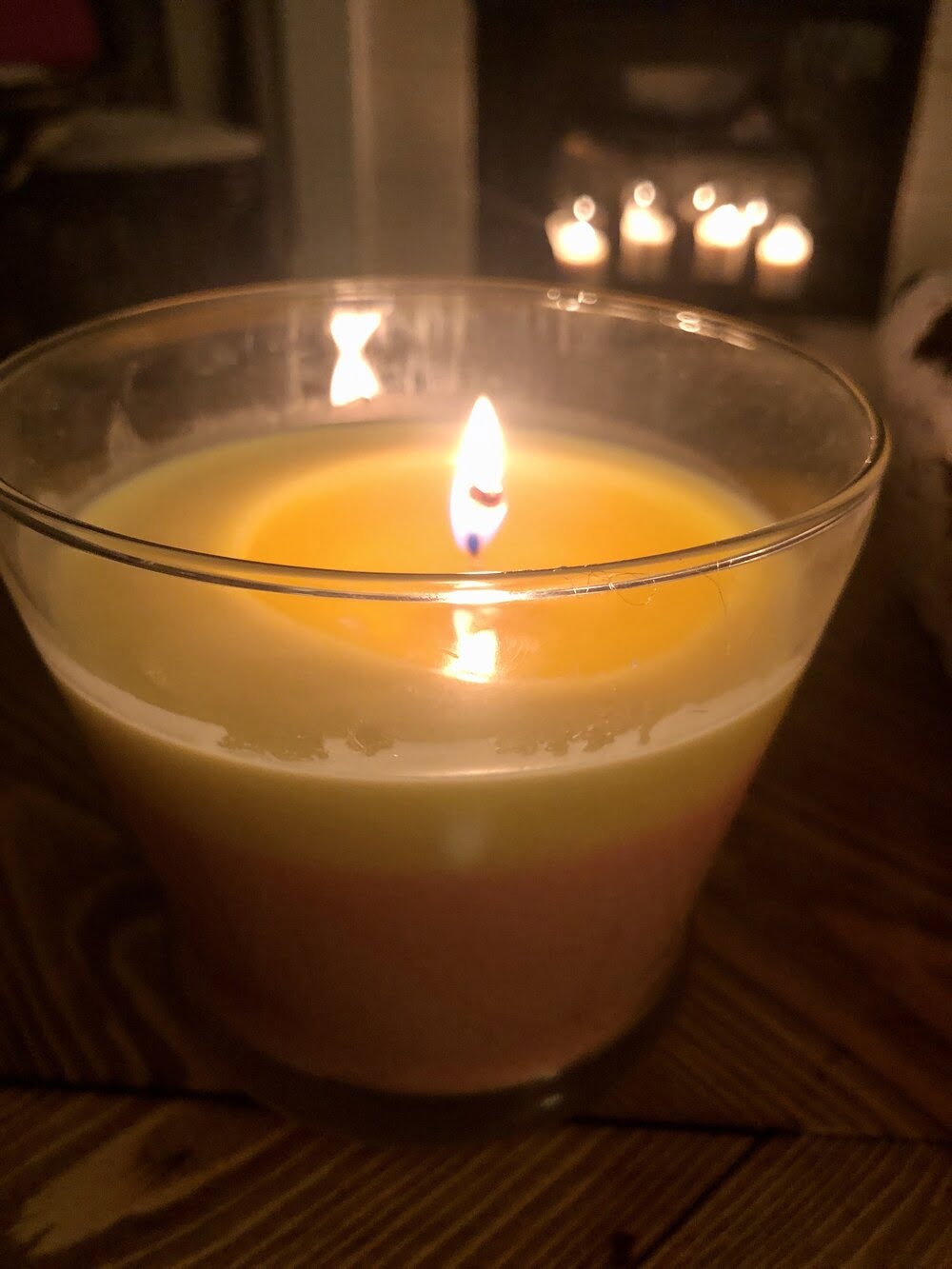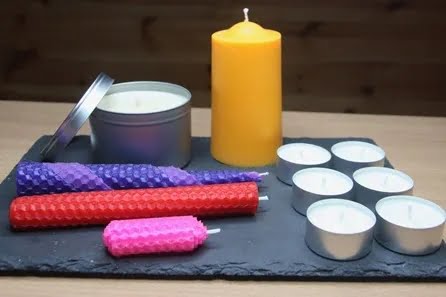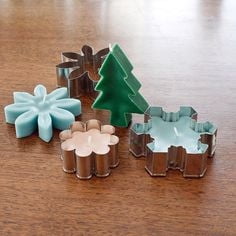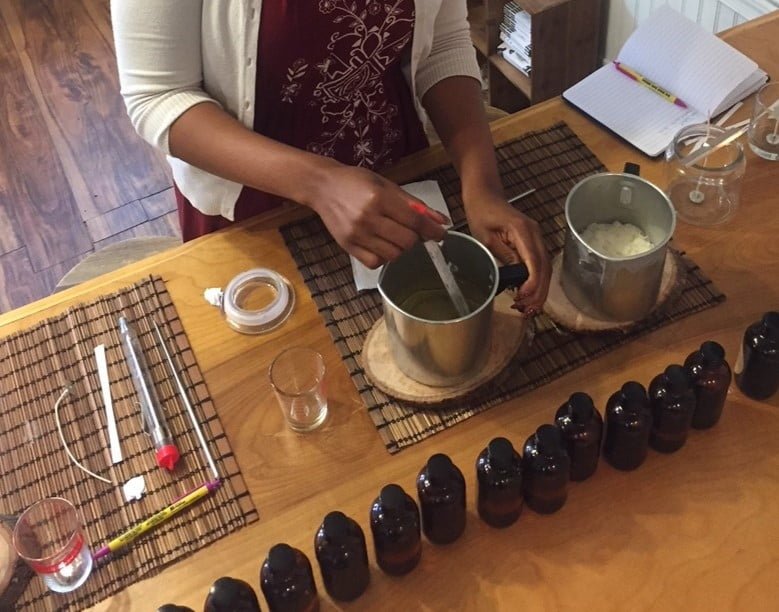Are you a candle making enthusiast looking to create high-quality, aromatic candles? Look no further. In this article, we will explore the significance of using high quality essential oils for candle making and the impact it has on the overall quality of the candles. From purity and sourcing to extraction methods, we’ll discuss what to look for in essential oils and highlight some popular options such as lavender, eucalyptus, and citrus oils.
When it comes to crafting luxurious and aromatic candles, the use of high quality essential oils is crucial. Not only do they enhance the fragrance throw and longevity of the scent, but they also have potential therapeutic benefits. In this article, we will delve into the key factors to consider when choosing essential oils for candle making, as well as provide practical tips for incorporating them into your candle wax.
With an emphasis on creating truly luxurious and aromatic candles, we will also explore the benefits of using high quality essential oils in candle making. From improved fragrance throw to potential therapeutic benefits, we will showcase how using high quality essential oils can elevate your candle-making experience. So, whether you’re a seasoned candle maker or just starting out, this article is your guide to creating candles that are both captivating in scent and exceptional in quality.
What to Look for in High Quality Essential Oils
Purity
is one of the most important factors to consider when choosing essential oils for candle making. It is essential to select oils that are 100% pure and free from any synthetic additives or dilutants. High quality essential oils for candle making should be sourced from reputable suppliers who can provide information about the oil’s purity and authenticity.
Sourcing
also plays a significant role in determining the quality of essential oils. Oils sourced from reputable and ethical suppliers are more likely to be of higher quality. Look for suppliers that prioritize sustainable and environmentally friendly practices in their sourcing methods. This not only ensures high quality oils, but also contributes to the overall ethical production process.
Extraction Methods
used to obtain essential oils are another important consideration when choosing oils for candle making. Steam distillation and cold-press extraction are some of the most common methods used to extract essential oils, which help retain the natural properties and aroma of the plants from which they are derived.
When choosing essential oils for candle making, it is important to opt for oils that have been extracted using methods that preserve their natural integrity and potency. These factors combined ensure that you are working with high quality essential oils for candle making, resulting in luxurious and aromatic candles that provide exceptional scent throw and longevity.
Popular Essential Oils for Candle Making
When it comes to creating high quality candles, the choice of essential oils plays a crucial role in determining the overall fragrance and appeal of the final product. Many candle makers turn to popular essential oils known for their unique scent profiles and therapeutic benefits. Some of the most popular essential oils used in candle making include:
- Lavender: Known for its calming and relaxing properties, lavender essential oil is a favorite choice for candle making. Its sweet, floral aroma adds a soothing element to candles, making them perfect for relaxation and stress relief.
- Eucalyptus: With its invigorating and fresh scent, eucalyptus essential oil is often used in candles designed to promote respiratory health and clear congestion. Its cool, minty aroma can also help create an uplifting atmosphere.
- Citrus Oils: Essential oils derived from citrus fruits such as orange, lemon, and grapefruit are prized for their bright and uplifting scents. Citrus oils are often used in candles intended to boost mood, increase energy levels, and create a refreshing ambiance.
Each of these popular essential oils brings its own unique characteristics to candle making, allowing crafters to create a wide range of scents that cater to different preferences and occasions.
In addition to their aromatic qualities, these high quality essential oils offer potential therapeutic benefits when used in candles. The use of lavender essential oil may promote relaxation and sleep, while eucalyptus oil can help alleviate congestion. Citrus oils may have mood-boosting properties that uplift spirits. When selecting these popular essential oils for candle making, it’s important to prioritize purity and sourcing to ensure that the resulting candles deliver both delightful scents and potential wellness benefits.
Benefits of Using High Quality Essential Oils
When it comes to creating high quality candles, the choice of essential oils plays a crucial role in determining the overall fragrance and appeal of the final product. Opting for high quality essential oils for candle making can make a significant difference in terms of scent throw, longevity of fragrance, and potential therapeutic benefits. Here are some key benefits of using high quality essential oils in candle making:
- Improved Fragrance Throw: High quality essential oils are more potent and have a stronger scent throw compared to lower quality alternatives. This means that candles scented with high quality essential oils will fill a larger space with their fragrance, creating a more immersive and enjoyable experience for the user.
- Longer-Lasting Scent: High quality essential oils have better staying power, meaning that the scent of candles made with these oils will linger in the air for a longer period of time. This ensures that the pleasant aroma continues to enhance the ambiance long after the candle has been extinguished.
- Potential Therapeutic Benefits: Certain high quality essential oils used in candle making, such as lavender or eucalyptus oil, are known for their potential therapeutic benefits. When these oils are diffused into the air through burning candles, they can create a calming or invigorating atmosphere that may contribute to overall well-being.
Incorporating high quality essential oils into candle making is an investment in creating truly luxurious and aromatic products that provide an enhanced sensory experience for users. By prioritizing purity and potency in essential oil selection, candle makers can ensure that their creations stand out for their exceptional fragrance and performance.
Tips for Incorporating Essential Oils Into Candle Making
When it comes to creating high-quality candles, the type of essential oils used can greatly impact the overall fragrance and appeal of the product. For those looking to elevate their candle making skills and create truly luxurious and aromatic candles, using high quality essential oils is essential.
But incorporating these oils into candle making requires a good understanding of proper techniques and practices. Below are some practical tips for adding essential oils to candle wax, including proper dilution ratios and safe handling practices.
One key factor to consider when incorporating essential oils into candle making is the proper dilution ratio. It’s important to ensure that the essential oils are dispersed evenly throughout the candle wax without overpowering the scent or compromising the quality of the final product. The general rule of thumb is to use approximately 1 ounce of essential oil per pound of wax, but this can vary depending on the strength of the specific oil being used.
In addition to dilution ratios, safe handling practices are crucial when working with high quality essential oils for candle making. Some essential oils can be potent and may cause skin irritation or other adverse reactions if not handled properly. It’s important to wear gloves and protective eyewear when measuring and pouring essential oils, as well as ensuring proper ventilation in the workspace to avoid inhaling concentrated fumes.
Furthermore, it’s recommended to conduct thorough testing and experimentation when incorporating essential oils into candle making. This allows for fine-tuning of fragrance combinations and ensures that the final product meets high standards in terms of scent profile and longevity. Through trial and error, candle makers can discover unique combinations that set their products apart in a competitive market.
| Key Tips | Details |
|---|---|
| Dilution Ratio | Approximately 1 ounce of essential oil per pound of wax |
| Safe Handling Practices | Use gloves, protective eyewear, and ensure proper ventilation |
| Testing & Experimentation | Conduct thorough testing for fine-tuning fragrance combinations |
Testing and Experimentation
When it comes to creating unique and appealing candle scents, testing and experimentation with different essential oil combinations is key. This process allows candle makers to explore a variety of fragrance options and find the perfect blend that best suits their brand and customer base. By using high quality essential oils for candle making, artisans can ensure that their candles stand out in terms of fragrance quality and complexity.
One of the benefits of testing and experimenting with different essential oil combinations is the ability to create truly unique scents that set your candles apart from others on the market. By combining various essential oils such as lavender, eucalyptus, and citrus oils, candle makers can achieve complex scent profiles that appeal to a wide range of preferences. This experimentation process allows for creativity and innovation in developing new and captivating fragrances.
It’s important for candle makers to document their testing and experimentation process in order to replicate successful scent combinations in the future. Keeping detailed records of the essential oil blends used, the percentage ratios, and any feedback received during testing can help ensure consistency in fragrance quality across batches of candles.
This attention to detail is what sets high quality essential oils for candle making apart from lower grade alternatives, which may not offer the same level of complexity or staying power in terms of scent.
| Testing and Experimentation | Importance |
|---|---|
| Allows for creation of unique scents | Promotes creativity and innovation |
| Facilitates consistency in fragrance quality | Sets high quality essential oils apart from lower grade alternatives |
Conclusion
In conclusion, the use of high quality essential oils is crucial in creating luxurious and aromatic candles. The impact that these oils have on the overall quality of the candles cannot be understated.
When choosing essential oils for candle making, it is important to consider factors such as purity, sourcing, and extraction methods to ensure that you are using the best ingredients for your candles. By prioritizing high quality essential oils, candle makers can elevate their products and provide customers with exceptional scents and benefits.
Furthermore, using popular essential oils such as lavender, eucalyptus, and citrus oils can add unique scent profiles to candles, enhancing their appeal to consumers. The benefits of using high quality essential oils in candle making go beyond just fragrance. These oils can also improve fragrance throw, provide longer-lasting scents, and even offer potential therapeutic benefits when the candles are burned.
It is also important for candle makers to experiment with different essential oil combinations in order to create distinctive and captivating candle scents. This testing and experimentation process allows for creativity and innovation in candle making. In essence, by incorporating high quality essential oils into their products and being intentional about their choices, candle makers can produce truly exquisite candles that delight the senses of those who use them.
Frequently Asked Questions
What Is the Best Essential Oil for Candle Making?
The best essential oil for candle making is lavender oil. Not only does it have a pleasant aroma, but it also has calming and relaxing properties, making it perfect for aromatherapy candles.
Can You Use 100% Pure Essential Oils in Candles?
It is not recommended to use 100% pure essential oils in candles, as they are highly concentrated and can pose a fire hazard. It’s better to dilute them with a carrier oil or fragrance oil specifically designed for candle making.
What Is the Best Carrier Oil for Candles?
The best carrier oil for candles is soybean oil. It has a clean burn and doesn’t produce much soot, making it ideal for candle making. Other good options include coconut oil and apricot kernel oil due to their slow-burning properties.

Welcome to my candle making blog! In this blog, I will be sharing my tips and tricks for making candles. I will also be sharing some of my favorite recipes.





